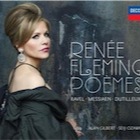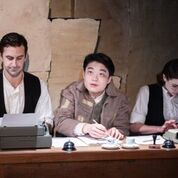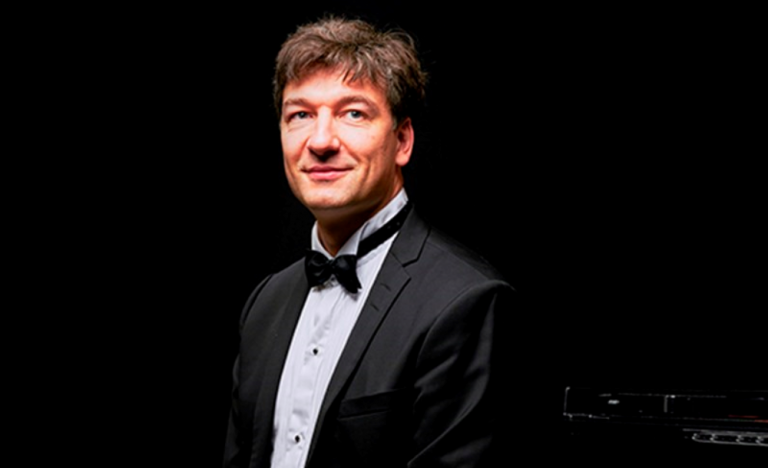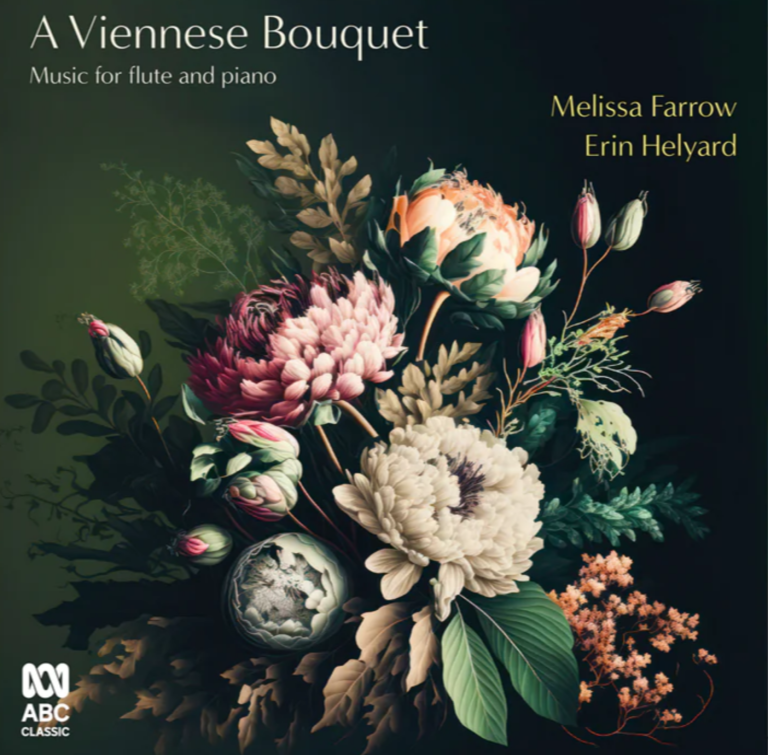Poèmes – Renee Fleming

Renee Fleming’s new CD Poèmes celebrates Gallic vocal music from Ravel’s Orientalist infused Shéhérazade, written at the turn of the last century and Messiaen’s Poèmes pour Mi, to Deux Sonnets de Jean Cassou and a world premiere recording of Le Temps l’horloge by living composer Henri Dutilleux.
The celebrated singer comments:
” For the sheer sensual joy of singing, no language gives me more pleasure than French. Not only am I drawn in by the beauty of the poetry and the evocative texture of the music, but the unaccented and legato fluidity of these phrases places my voice in its optimal resonance.
My connection to Ravel’s Shéhérazade dates back to my early student days — specifically, a live cassette recording of Elly Ameling and the Rochester Philharmonic. This was one of the pieces that inspired me to follow the path towards classical music. Time seems suspended in the second and third movements in a way that is especially appealing to me.
More recently, serendipity proved a powerful catalyst for collaboration. It was a chance meeting at Radio France, on a day when Henri Dutilleux and I were both scheduled for on-air interviews. I declared my appreciation for his art and planted the seed for a commissioned work — all in the waiting room. Years later, I received the exciting offer to premiere Le Temps l’horloge with Seiji Ozawa in Paris and Japan. I am transported by the beauty of this work, as well as by the enigmatic, equally “musical” quality of the poetry. Henri requested that I sing Deux Sonnets de Jean Cassou, and he sent me a score into which he’d written a transposition of the first song, wanting to hear it in my voice. Nothing has been more inspiring to me as an interpretive performer than hands on collaboration with a composer. I envy my colleagues of earlier eras, who devoted most of their time to premiering new works.
When Alan Gilbert suggested I sing Poèmes pour Mi for his inaugural concert as music director of the New York Philharmonic, I was both honoured and perplexed: honoured to share such an important event with a conductor I admire; perplexed because I had always associated dramatic sopranos with the piece. Alan convinced me that the orchestration could be transparent enough, and together we found the luminosity that one associates with Messiaen in this work”.
Ravel’s song cycle Shéhérazade (1903) for soprano solo (or tenor)and orchestra contains three poems Asie, La flûte enchantée, and L’indifférent, written by Tristan Klingsor.
Messiaen’s Poèmes pour Mi (1936) was dedicated to his first wife, violinist Claire Delbos, whose nickname was “Mi”. Considered to be his first significant song cycle, the words to the 9 songs are his own and express Messiaen’s deeply spiritual and personal sentiments on his marriage. Written at a time when he was discovering new rhythmic devices, like Ravel’s Shéhérazade, this music too is influenced by Indian and Greek aesthetics.
Prix de Rome winner Henri Dutilleux (b 1916) was influenced by both Ravel and Messiaen as well as Poulenc, Bartok and Schoenberg. His Deux Sonnets (1954) was written for baritone, but transcribed by the composer himself for Fleming for whom he also wrote Le Temps l’horloge (2007-2009).
Fleming has made this recording with two of the world’s finest orchestras – the Orchestre Philharmonique de Radio France, with Music Director Myung-Whun Chung and conducted by Alan Gilbert, and the Orchestre National de France with Music director Daniele Gatti , conducted by Seiji Ozawa.
Decca CD and Download 478 3500
Three reviews of Renee Fleming’s Poèmes:
http://www.theaustralian.com.au/arts/music/poemes-renee-fleming/story-fn9sulvf-1226323885741
http://www.guardian.co.uk/music/2012/mar/08/renee-fleming-poemes-cd-review







